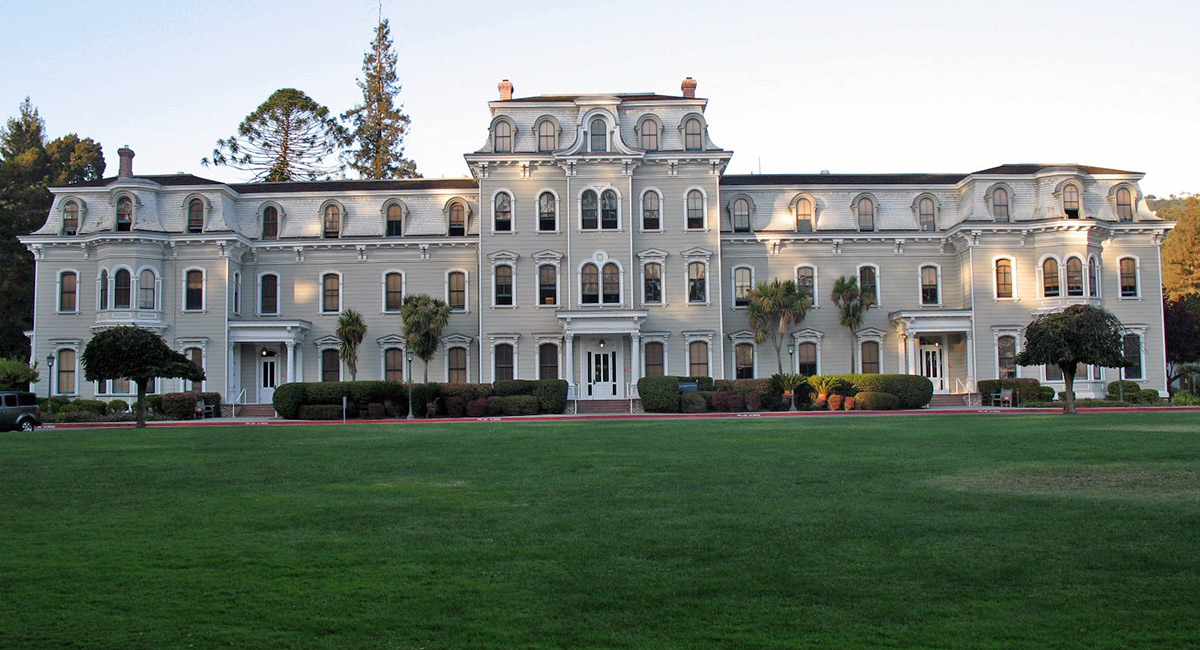Many liberal academics bemoan how colleges are increasingly run on a corporate model, I guess meaning they are increasingly responsive to financial imperatives posed by markets, reflecting the scarcity all economies face. I think markets work to make higher ed more responsive and efficient, despite many (mostly governmental) imposed impediments.
Creative Destruction: 67 Colleges Die
A major reason competitive market capitalism has been spectacularly successful in delivering goods and services people want is that “creative destruction” is a byproduct of market processes—less successful companies die to make room for more successful ones. According to Higher Ed Dive, 67 colleges closed between 2016 and now. That is less than the late Clay Christensen and others (including me) predicted, but that partly has been because pandemic era federal bailouts saved, at least temporarily, many schools on life support. And the numbers have increased somewhat from earlier levels.
The deceased colleges were found throughout the land, but concentrated in the Northeast. Vermont had more closures (five) than California (three), with over 60 times the population. But the recent announced planned closure of once highly regarded Mills College in the Golden State (it is likely going to merge into Northeastern University to avert total loss of identity) suggests even well regarded colleges in historically growing states are vulnerable.
2U Buys Assets of EdX
Although “MOOCs” (massively open on-line courses) never achieved the revolutionary impact many predicted when they started nearly a decade ago, a spurt of innovation at that time has morphed into a vast growth in competition to the traditional residential college education model.
Harvard and M.I.T., with their roughly $60 billion in endowments, just gained $800 million more from the sale of EdX, which has a large library of free or low cost courses, often taught by first rate instructors. They have vaguely pledged to use those proceeds to further low cost on-line alternatives to the traditional educational model so ably but expensively followed at these Massachusetts institutions and others.
2U is a big success of the past decade, providing support services to colleges wanting to expand their on-line presence, a goal positively impacted by the pandemic. Colleges often have the resources and even the expertise to offer good on-line courses, but they are not expert at the back office things that the new providers do better than traditional residential universities, so new companies like 2U help with course design, marketing expertise, etc. This “on-line program manager” has branched into non-degree ventures like coding boot camps, and has partnered with some prestigious universities. Its biggest (and larger) competitor, Coursera, founded by a couple of Stanford professors, offers thousands of courses through scores of universities, and has a market capitalization exceeding $5 billion, demonstrating that investors see it as a company with a positive future.
The Supreme Court and State Governments Badly Wound the NCAA Exploitive Cartel
A major stain on American higher education has been the vicious exploitation of student athletes for financial gains, a large portion of which accrue to adult “coaches” instead of the players providing most of the talent necessary for success in football or basketball. In the last month, attacks on two fronts have dramatically weakened the NCAA, the cartel enforcing the system of exploitation.
The Supreme Court unanimously declared that the NCAA could not prohibit college athletes from profiting commercially from the sale of products with their name, image, or likeness (NIL) Colleges who derived monopoly profits from the sale of these uses of their own students, will now have to accept competition—from those students.
In the meantime, with growing pubic support for the view that it is unjust to deny compensation to students, state governments have passed NIL laws of their own, the first of which took effect last week. Faced with the possibility high school athletes would commit to schools in NIL legislation states like Alabama and Georgia, many other states have hurriedly adopted pro-athlete NIL legislation, and the NCAA has reluctantly capitulated.
Will the final step be taken, ending the “amateur” collegiate sports model, with athletes negotiating salaries, and top coaches salaries shrinking to mere one million dollar levels? Only time will tell.













